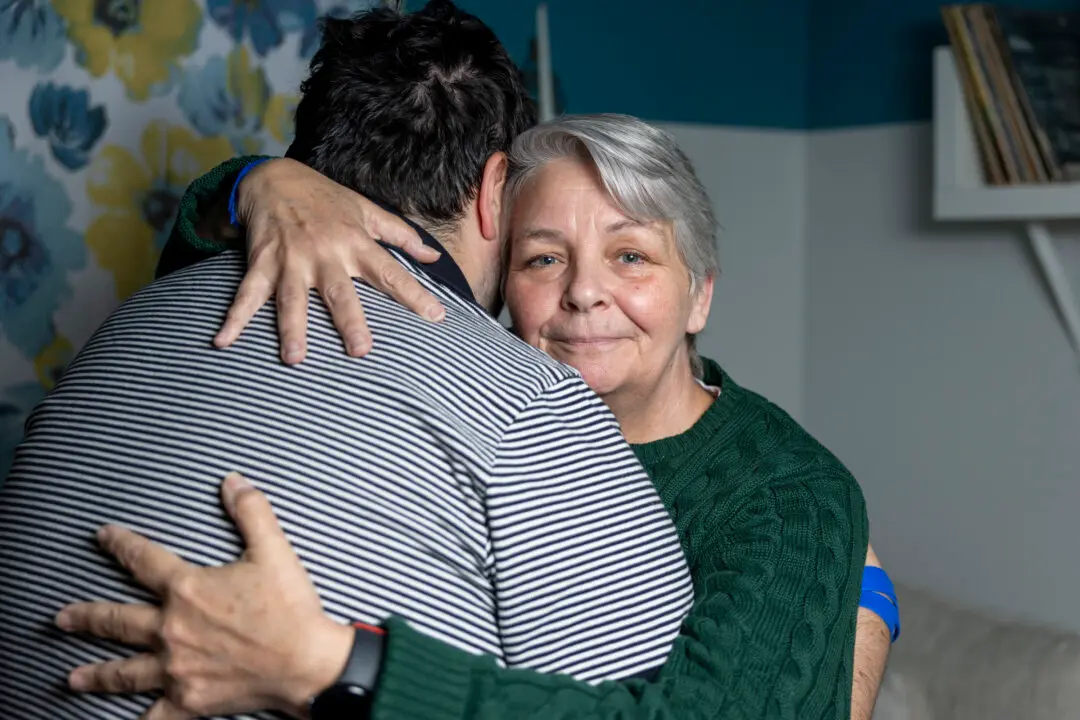By Bill Rankin
From The Atlanta Journal-Constitution
The U.S. Supreme Court on Monday declined to consider Georgia’s standard that lawyers contend makes it all but impossible for intellectually disabled capital defendants to prove they are intellectually disabled.





